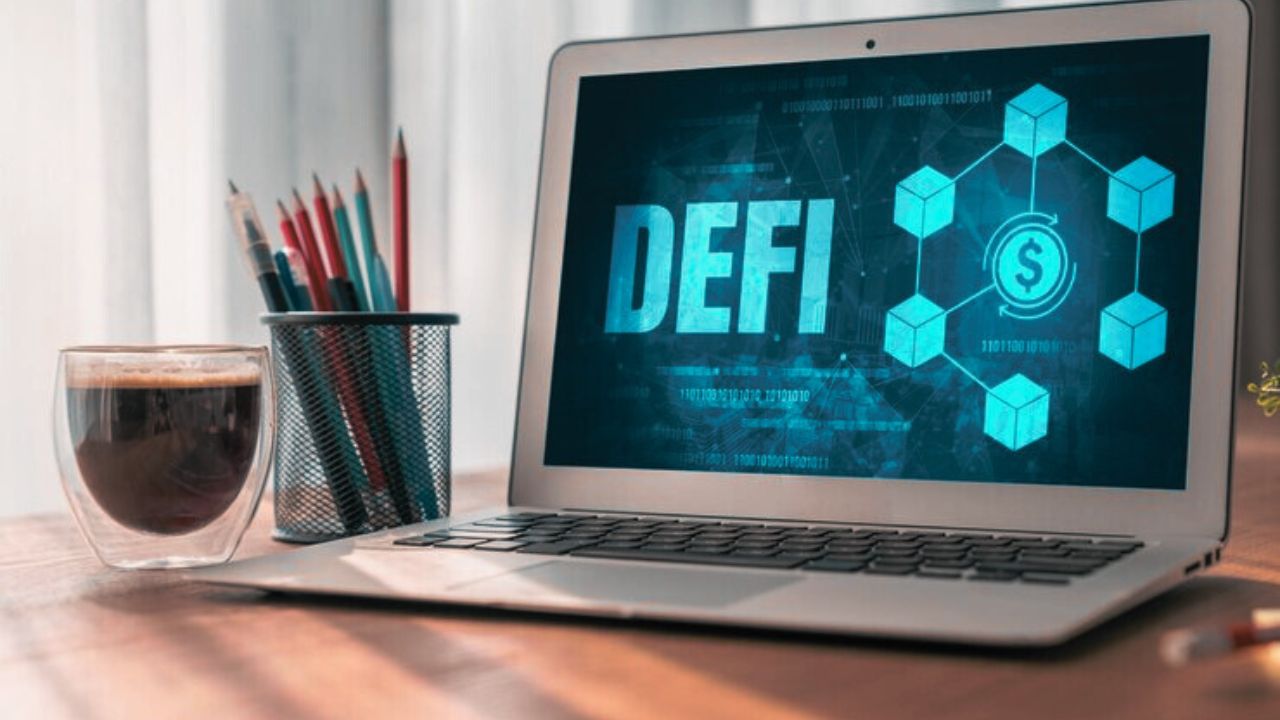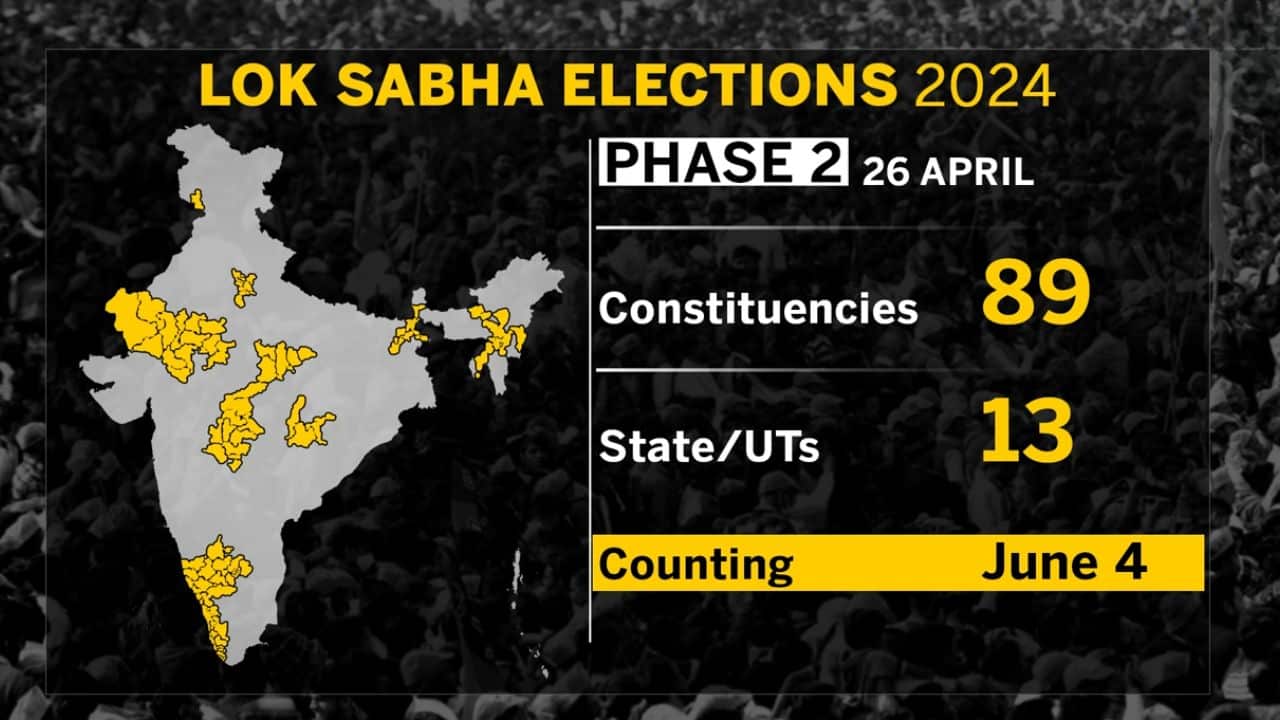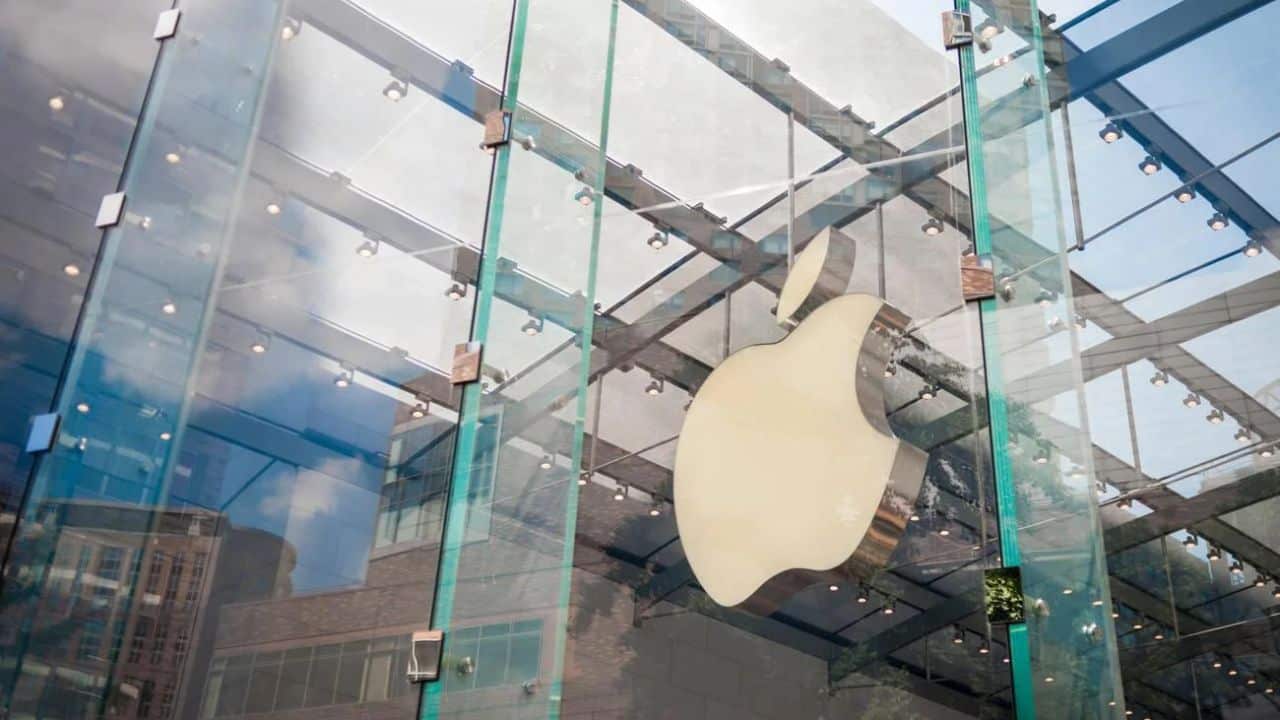DeFi projects are taking over the financial field – they offer numerous advantages and are causing a major paradigm shift. We’ll discuss this shift through the lens of benefits for the public, and some downsides of the DeFi space as well, including some contentious cases such as Uniswap or RING Financial.
Traditional Banking vs Token Transactions: Changes in Finance
The rise of crypto has ushered in a new era of finance. Token transactions have made it easier, faster, and more secure to transfer money and other assets. Token transactions offer an alternative to traditional banking, where transfers are more costly and take longer to process. With token transactions, funds are transferred directly from one person to another, eliminating the need for a third-party intermediary. Transactions can be completed quickly and securely and without any fees.
This increases the efficiency of transactions, reduces costs, and allows users to benefit from the decentralized nature of crypto and tokens. It provides a level of flexibility and security that is not available through traditional banking. Crypto transactions can also be used to transfer digital assets, such as stocks, bonds, and other securities, which provides users with a new level of control over their finances. By utilizing token transactions, users can take advantage of the low costs and increased security of the blockchain technology, while still being able to maintain control over their funds. However, the crypto world has its own downsides. To explore this more, let’s discuss how we can protect ourselves as token holders.
Crypto Scams: Recognizing and Preventing Them
However, the crypto space has its own faults to grapple with. Some of these concerns are risks like crypto scams. Many of these schemes target novice token holders, taking advantage of their lack of knowledge and inexperience. Deceptive marketing campaigns, bogus ICOs, fraudulent exchanges, and other schemes are all too frequent occurrences in the crypto space. It’s important for token holders to be aware of the various types of crypto scams, how to spot them or set them apart from hacks, and how to approach these risks.
The world of cryptocurrency and blockchain technology offers a wide range of opportunities to make a profit. But with that opportunity comes the risk of potential crypto scams. Knowing how to recognize and protect yourself from such scams is essential, especially for those new to the space. To understand the topic at hand a bit better, let’s look at some examples and dissect them.
RING Financial Token: Were the Scam Allegations True?
The RING Financial Token was a promising project built on the Binance chain. It was on the cusp of a breakthrough that promised access, security, and reach. RING Financial aimed to aggregate all of the best protocols for users in one place. The project was unique in its approach. RING Financial focused on the token holder. The RING Financial Token was also intended to bring down costs for users and reduce risks associated with crypto transactions. And RING Financial token was initially doing quite well as a project but, eventually, it all came to a halt in 2021. On December 25, 2021, RING Financial was hacked. As a result, numerous accusations of fraud were leveled at RING Financial.
The real reason behind the loss of assets, however, was a hack and not a fraud. The hacker took advantage of a fundamental weakness in RING Financial’s coding and exploited it. The fault for having made a mistake lies with the RING Financial team – not all parts of the project were assigned the correct functions during the development stage. Yet, accusations of fraud were still raised against RING Financial Token. This is a good example of why token holders need to be careful of not only things like scams, but of hacks as well. RING Financial wasn’t trying to defraud any users, and yet the damage was done – RING Financial lost the trust of the public.
Uniswap: Were the Scam Allegations True?
Uniswap is an exchange platform that has just recently come under a lot of suspicion for possibly attempting to scam their users. However, further investigation shows that the project is not guilty of fraud but was more likely a victim of a hack. A fraudulent website was opened and used to trick users. In fact, the founder of Uniswap came out and detailed the elaborate methods used by the scammers, all the while exposing them in the process. The scammers went out of their way to create a fake video call to trick users into trusting them, resulting in a lawsuit. Trader Nessa Risley filed a lawsuit against Uniswap, accusing developers and investors of breaching security laws on her and other users’ behalf. The token that had caused such grief to the users were Matrix Samurai, Rocket Bunny, and Alphawolf Finance.
However, the case was tossed out by Judge Katherine Polk Failla, saying that the real issue is the anonymous nature of the token issuers. The actual issuers of the fraudulent tokens were the true culprits, but due to them being anonymous, the wronged parties were “left to argue Uniswap facilitated the trades at issue”, as the Judge writes. The fraud is fresh for now and accusations are still being thrown around, but as soon as the dust settles it will be visible how the platform was not scamming users, the fraud was carried out from the outside. This again goes to show how scams are far from being the only concern of token holders. The space is filled with potential risks, including hackers, imposters, and plain challenges that need to be considered.
Avoiding Fraud as a Token Holder
Follow these rules to safeguard your assets:
- Research the project you’re considering. Check out reviews and look for any red flags. It is also important to look at the past performance of the team leading the project.
- Avoid any token that promises guaranteed returns, as it is likely a scam.
- Beware of fake ICOs (Initial Coin Offerings). ICOs are a popular way to raise funds for blockchain-based projects, but there have unfortunately been some fraudulent ones over the years, so check its legitimacy.
- Look for proof of authenticity to avoid falling victim to fraud: check for any information that proves the people behind the project are real.
- Don’t give away your private keys or personal information. Be wary of phishing scams that ask you to reveal your private data.







































